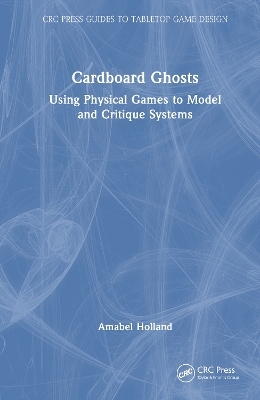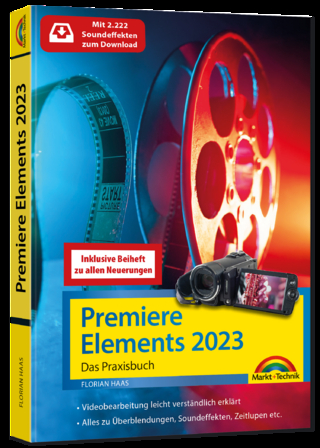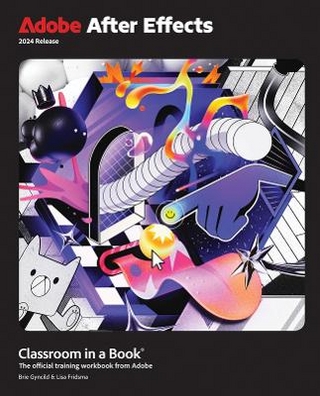
Cardboard Ghosts
CRC Press (Verlag)
978-1-032-81668-5 (ISBN)
- Lieferbar (Termin unbekannt)
- Versandkostenfrei innerhalb Deutschlands
- Auch auf Rechnung
- Verfügbarkeit in der Filiale vor Ort prüfen
- Artikel merken
Games can be used to model systems because they are themselves systems. Video games handle this under the hood and teach you as you play, but because board games are operated manually, and require the player to understand the system beforehand, they can be a valuable tool for recognizing, understanding, and critiquing real-world systems, including systems of oppression. These systems, often unseen and misunderstood, haunt our world. Board games turn these ghosts into pieces of cardboard we can see, touch, and manipulate.
Cardboard Ghosts: Using Physical Games to Model and Critique Systems explores both the capabilities and limitations of overtly political board games to model systems and make arguments. Two major approaches are considered and contrasted: one, built around immersion and identification, creates empathy. The other, applying the Verfremdungseffekt to distance the player from the game, creating space for reflection. Uncomfortable questions of player roles and complicity when modelling oppressive systems are examined.
Throughout this book, board game designer Amabel Holland draws connections to computer games, literature, theatre, television, music, film, and her own life, framing board games as an achingly human art form, albeit one still growing into its full potential. Anyone interested in that potential, or in the value of political art in today’s world, will find many provocative and enriching ideas within.
Key Features:
· Surveys the history of commercial board games as a polemical and persuasive form.
· Explores games existing at the edges of the industry that push the boundaries of what games can do and be.
· Grapples with the ethical and moral considerations of simulating real-world horrors.
· Provides a case study of the author’s influential game This Guilty Land.
· Lively prose and personal anecdotes makes complicated theory digestible for a wide audience.
Amabel Holland is a board game designer, developer, and publisher, and in those capacities is responsible for over a hundred board games. Much of her work is experimental, concerned either with the potential of games as political art, or with the nature of games as cultural artifacts. According to the New Yorker, she is “widely considered one of today’s most innovative game designers.” She’s not so sure about that, but she’ll take it. A lifelong resident of the Detroit area, in her free time she creates video essays about games and their potential.
Acknowledgements
Author Biography
01. Stories and Systems
02. Mechanical Metaphors
Systems and Synthesis
Little Sisters and Cellar Doors
The Stones of Turncoats
The Hidden Models of Computer Games
System Knowledge is System Mastery
Cognitive Loads
Primitive Polemics
03. The Paper Time Machine
History of Professional Wargaming
Avalon Hill and the Birth of Commercial Wargaming
Jim Dunnigan and the Paper Time Machine
Mechanical Complexity in Wargames
04. Wargaming as Technique
Games as Arguments
Kubrick’s Two Golden Eagles
The Wargaming of Root
Objectivity in Modeling
Complicity is Required for Systemic Modeling
05. Immersion and Identity
Identities
Roles as Empty Avatars
Roles as Opportunities for Exploration
Roles in Historical Games
Detail and Texture
My Favorite Story
06. Agency and Viewpoint
A Thing That Happens To You
Pax Porfiriana and Pax Pamir
Viewpoint and Horror in Meltwater
Ordinary Complicity and Fancy Hats
Complicity in John Company
Ethical Considerations of Immersion
07. Alienation and Distance
Limits of Immersion
Too Close To The Gears
The Verfremdungseffekt
The V-Effect in Mother Courage
Media Literacy
Nonhierarchical Art and the Monoform
Alienation in Board Games
08. This Guilty Land
The Concept
Modeling Civility and Compromise
Modeling a Broken Legislature
Distancing Players From Roles
Working Against Texture
Working Against Flow
Emotional Texture
Limits of Alienation
09. Challenges and Hopes
Useful Doubts
Ethical Challenges
Practical Challenges
Political Art is a Custard Pie
The Future
Index
| Erscheinungsdatum | 24.12.2024 |
|---|---|
| Reihe/Serie | CRC Press Guides to Tabletop Game Design |
| Verlagsort | London |
| Sprache | englisch |
| Maße | 152 x 229 mm |
| Themenwelt | Kunst / Musik / Theater |
| Informatik ► Grafik / Design ► Film- / Video-Bearbeitung | |
| Informatik ► Software Entwicklung ► Spieleprogrammierung | |
| ISBN-10 | 1-032-81668-6 / 1032816686 |
| ISBN-13 | 978-1-032-81668-5 / 9781032816685 |
| Zustand | Neuware |
| Informationen gemäß Produktsicherheitsverordnung (GPSR) | |
| Haben Sie eine Frage zum Produkt? |
aus dem Bereich


